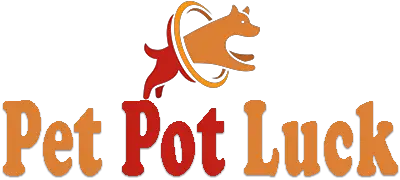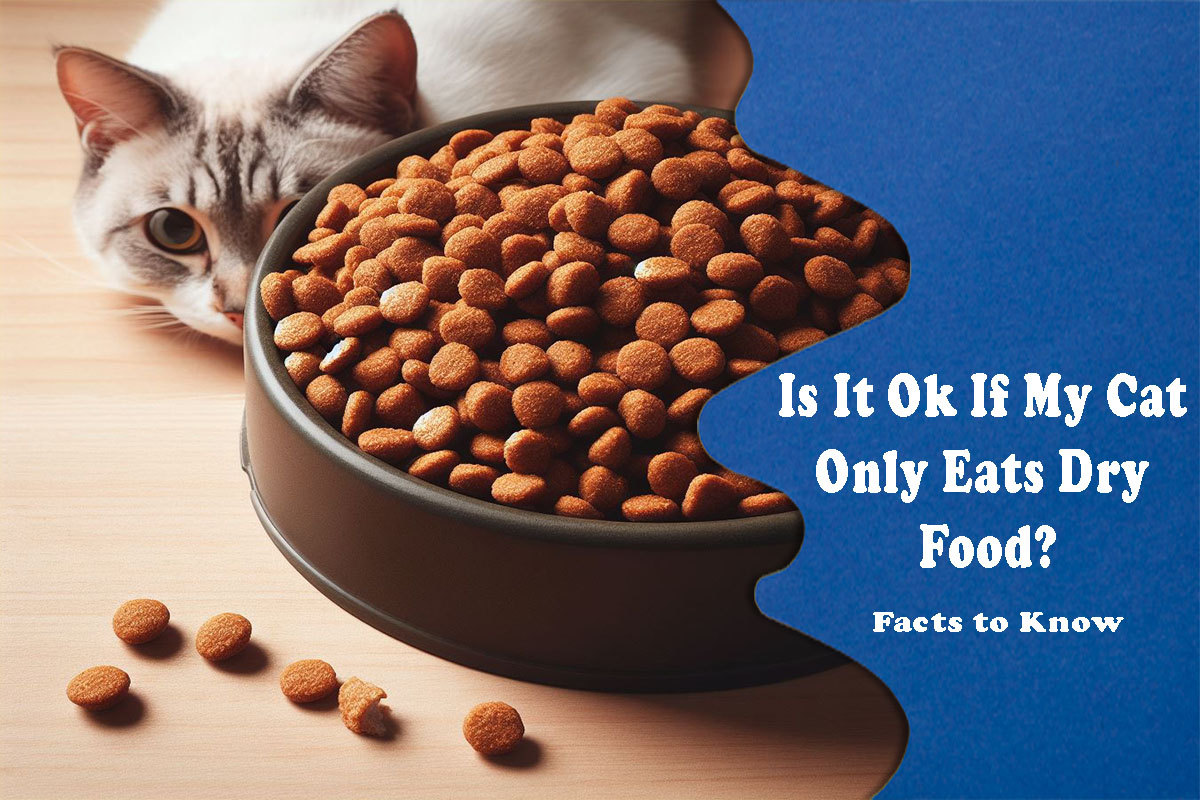Cat kibbles are the best option when selecting high in nutrients and easy-to-go cat food. But, before you begin, here comes a question: Is It Ok If My Cat Only Eats Dry Food?
Usually, when your cat eats dry food, it’s not risky or has any red flags. But depending too much on it can lead to potential risks and calls for some reconsideration. Even if your cat is obsessed with its daily dry food portion, you must work things out smartly. Let’s dig deep to find out if it’s ok to feed your Cat dry food only.
Why Is My Cat Only Eats Dry Food?
It’s not just because you are feeding your Cat dry food only, but the taste. Since kibbles are designed for cats so they meet their taste preferences too, the flavors can be addictive, and your cat loves to eat them. If your cat only eats dry food, it refers to its food preferences or addiction.
What Happens If a Cat Eats Too Much Dry Food?
Since we know excess of everything is terrible, when a cat eats dry food in abundance, it leads to serious health risks. Your cat may experience dehydration, poor bowel movements, obesity, malnutrition, etc.
Read More:
How Long Does Dry Cat Food Last? Unveiling the Truth
How Long Is Dry Cat Food Good for Consumption? Tips to Store It Right!
How much raw food to feed cat Daily? Calculate Nutrients!
How to Store Wet Cat Food After Opening? Save it right now
Why Does My Cat Try To Bury Her Food? Find Now 2024!
What Are the Risks of a Dry Food Diet?
A dry food diet seems accessible and an easy on-the-go option for you as a cat owner. You do not have to struggle too much, and your cat eats dry food happily. However, it raises a question: Is It Ok If My Cat Only Eats Dry Food? Usually, it’s not bad, but sometimes it can lead to health risks in cats.
Risk of Dehydration
Kibbles are dehydrated processed cat food with a longer shelf life. But these do not contain any water content in them. It means when your cat eats dry food, it’s not getting any water content in it. The situation leads to the potential risk of dehydration.
When feeding dry food, you must add water or other liquids to your cat’s diet. Time the liquid intake throughout the day; add water-based cat treats or wet food options to balance water levels.
High Risk of Obesity
Kibbles trigger obesity in cats, and there are a few reasons for it. First, you cannot control and measure your cat’s daily intake of dry food. Feeding your cat kibbles is to fill them in the bowl and let your cat have it all day. It simply leads to overeating.
Second, it has a high card ratio in dry cat food. When your cat eats dry food only, it consumes more than expected carbs but cannot exhaust them in activities. It all results in a high risk of obesity leading to many potential health risks in cats.
Risk Oral Hygiene
It’s a perception that kibbles help to clean teeth and maintain oral hygiene, but it’s not true. A few cats bother to chew kibbles to the fullest. Mostly, they crack them into pieces, and that’s it. Doing so results in poor chewing habits but causes a few deposits to rest in the oral cavity. If you ignore regular oral cleanup, it can lead to some high-risk oral infections in cats.
Risk of Urinary Tract Infections
Urinary Tract Infections in cats are pretty standard, and sometimes dry food for cats can be a potential reason for them. The dry food contains numerous minerals, and their excessive consumption causes them to deposit in the cat’s urinary tract, which can lead to some severe reparations.
All these risks do not make dry cat food dangerous for consumption but add a few limitations to it. Feeding your cat kibbles the right way and balancing diet portions helps you to avoid these issues.
Why Do Cats Need Both Wet and Dry Food?
Hydration and nutrition are two significant reasons your cats need combination feed. Dry foods for cats contain several ingredients, from proteins to fibers, and give an excellent nutritional value. However, these lack moisture, and some poor-quality kibbles have fillers. It eventually causes your cat to have issues like malnutrition and dehydration.
Combining wet food options with your cat food that only eats dry food will help to avoid these issues. Wet food contains some simple fats and proteins along with enough moisture that helps to deal with dehydration. Moreover, increase your cat’s water intake to avoid constipation, difficulties in bowel movement, or urinary tract infections.
FAQs
Is it Bad if my cat does not consume wet food?
There is no red flag if your cat does not eat wet food unless it’s facing issues like malnutrition, dehydration, obesity, and urinary tract infections.
Can I add water to my cat’s kibble biscuits?
Adding water to dry cat food is possible to moisten it. However, add only ¼ cup of water on top of the bowl. It will make the kibble soft and moist but not soggy.
What are the best foods I should feed my cat?
High-protein diet options such as deli lean meats, cooked chicken, beef, and turkey are the best food options for your cat. However, if your cat eats dry food happily, it’s also a good option.
Conclusion
If you are concerned about knowing, Is It Ok If My Cat Only Eats Dry Food? You need to keep a few things in mind. Dry cat food is designed to provide cats with enough nutrients they need. The easy and on-the-go option allows pet owners to feed their cats easily.
However, if your cat eats dry food only, you should not worry but make arrangements to keep it hydrated. Look for kibbles with minimum fillers and high nutritional values so your cat can avoid malnutrition. Combining wet and dry cat food in daily intake is best for better results.Moreover, monitor and control the daily intake of your cat’s dry food to avoid issues like obesity.


